Cannabis: The Miracle Plant
The many, many ways CBD can help you (without getting high)...
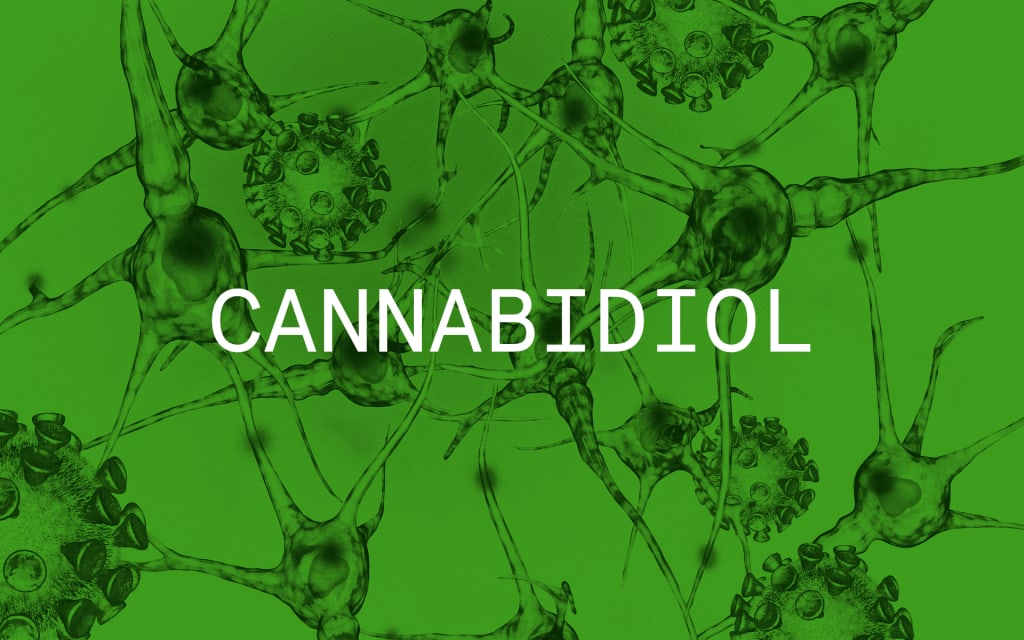
CBD or Cannabidiol is made from high-CBD, low-THC hemp; it's unlike medical marijuana products, which usually have a high concentration of psychoactive tetrahydrocannabinol or THC. Although CBD may not make you "trippy," it's beneficial for the human body in other ways and is drastically more helpful than many of today's harsh, addiction fueling over the counter pills. A huge reason why CBD bonds so well with the body is because our bodies are already equipped with cannabis receptors.
The body has many receptors, and each is in charge of their specific chemical groups. While the receptor for both CBD and THC is in the endocannabiniod system, other chemicals are handled and regulated by the testosterone, insulin, opiate and estrogen receptors to name a few.
While other receptors are crucial as well, the cannabis receptors are especially unique because they're pretty much in EVERYTHING, and because they're in control of many important organs and brain functions. Just to lay it out for you, the cannabinoid receptors are found in the liver, nerve tissue, spleen, intestines, lung, lymphatic tissue which is "part of the circulatory system that cleans your blood and has many other function), and even the kidney. If you thought that was enough it's also effective in cognitive memory, anxiety, motor behavior, sensory automatic neuroendocrine responses, glucose metabolism, insulin resistance, inflammatory effects, control of vomiting reflex, hunger and appetite control.
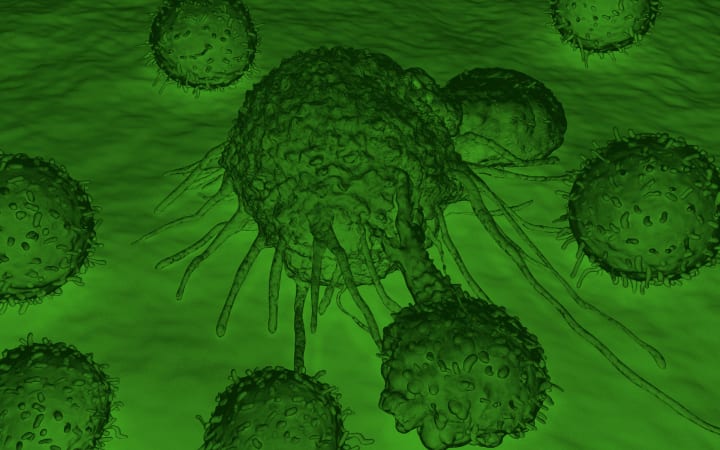
CBD helps a wide variety of bodily issues from things as small as acne to much more dramatic concerns like cancer - and many many more in between. The way in which CBD battles something as intense as cancer is quoted from Dennis Hill on Cure Your Own Cancer,
"In every cell, there's a family of interconvertible sphingolipids that specifically manage the life and death of that specific cell. This profile of factors is called the "sphingolipid rheostat."
If endogenous ceramide is high, then cell death is imminent. If ceramide is low, the cell is strong in its vitality.
To simplify:
"When THC grabs onto the CB1 or CB2 receptor site on the cancer cell, it causes an increase in ceramide synthesis which forces cell death. A normal, uninfected cell doesn't produce ceramide in the presence of THC, thus it is not infected by the cannabinoid."
CBD can also combat PTSD, anxiety, high blood pressure and depression with its non-psychoactive effects. So it can be used as an non-high approach to treating these issues. Post traumatic stress disorder is a condition that is triggered by many things like car accidents, tornados, serving in a war zone, sexual abuse or really any type of dramatic event and effects over 24.4 million Americans a year. PTSD elicits severe anxiety, depression, nightmares, uncontrollable flashbacks and panic attacks. CBD drastically reduces anxiety, cognitive impairment and antisocial phobias. This is linked to CBD's interaction with 5-HT1A receptors that are found in the central nervous system.
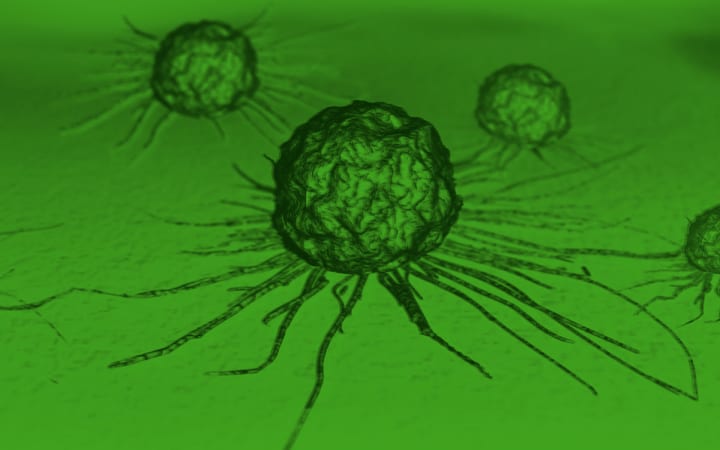
In similar ways, CBD is also a great solution for acne, fibromyalgia, eczema, psoriasis, joint pain, anti-aging, stretch marks for pregnancy, and arthritis. CBD nurtures these problems with its anti-inflammatory attributes. With acne, the hemp oil that comes from the seeds of the cannabis sativa strains is high in the essential fatty acid omega-3 and omega-6. These acids can do wonders for your skin, including helping to moisturize, reduce inflammation and redness as well as slow the aging process when combined with natural plants like aloe very or honey (aloe vera contains Glucomannan which is a type of sugar that reduces acne and helps acne to heal and avoid acne scars or get rid of existing acne scars). These fatty acids are effective because they maintain your skin's lipids, which works as a water barrier and helps to maintain moisture balance. The cannabis plant is also rich in vitamin D, promoting calcium absorption and thus, ridiculously soft skin.
For psoriasis, fibromyalgia, eczema and arthritis, CBD binds to microglial cells, thereby enacting a reduced cytokine count and subsequently reducing pain and inflammation.
Last but probably most interesting; CBD tampons. For reduction in menstrual pain, the CBD in the product maximizes the muscle-relaxing and pain-relieving properties of cannabis without the psychotropic high.
This is merely a soft touch of the tip on the true potential of cannabidiol. Cannabis is truly a miracle plant.
About the Creator
Sarah McDaniel
Bringing the strange and scientific to your smartphone. @krotchy
Enjoyed the story? Support the Creator.
Subscribe for free to receive all their stories in your feed. You could also pledge your support or give them a one-off tip, letting them know you appreciate their work.


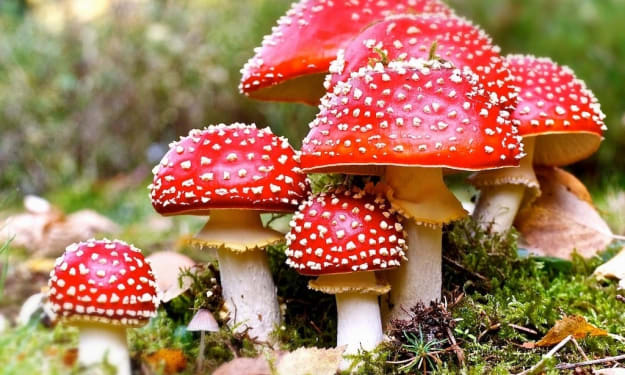

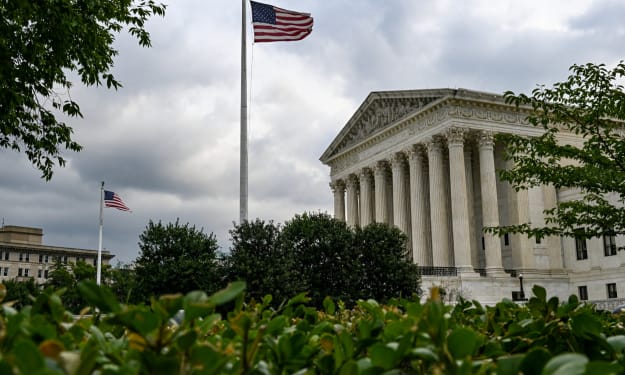

Comments
There are no comments for this story
Be the first to respond and start the conversation.